Chronic Lymphocytic Leukaemia (CCL) Overview and Management
Know all about chronic lymphocytic leukaemia, symptoms, causes, risk factors, how it affects your health, diagnosis and management.

Written by Dr. Mohammed Kamran
Reviewed by Dr. Dhankecha Mayank Dineshbhai MBBS
Last updated on 13th Jan, 2026
%20Overview%20and%20Management.webp?tr=q-80,f-webp,w-350,dpr-2,c-at_max 700w)
Introduction
Chronic Lymphocytic Leukemia (CLL) is a type of cancer that affects the blood and bone marrow. It progresses slowly and primarily impacts white blood cells called lymphocytes, which help the body fight infections. In CLL, these cells grow abnormally, crowding out healthy blood cells over time.
While CLL is more common in older adults (typically over 60), it can occur at any age. The good news is that many people with CLL live long, fulfilling lives with proper management and treatment.
Symptoms of CLL
In the early stages, CLL may not cause noticeable symptoms, and some people discover it accidentally during routine blood tests.
However, as the disease progresses, symptoms may include:
• Fatigue and weakness (due to low red blood cells)
• Frequent infections (because of weakened immunity)
• Swollen lymph nodes (usually painless, in the neck, armpits, or groin)
• Unintentional weight loss
• Night sweats
• Easy bruising or bleeding (due to low platelet count)
• Fullness or discomfort in the abdomen (from an enlarged spleen)
If you experience any of these symptoms persistently, consult a doctor for further evaluation.
Consult an Oncologist for Personalised Advice
Causes and Risk Factors
The exact cause of CLL is unknown, but certain factors may increase the risk:
• Age – Most cases occur in people over 60.
• Family history – Having a close relative with CLL or other blood cancers may raise risk.
• Gender – Men are slightly more likely to develop CLL than women.
• Exposure to certain chemicals – Some studies suggest a link to herbicides or pesticides, but more research is needed.
Unlike some cancers, lifestyle factors like smoking or diet do not appear to play a major role in CLL development.
How CLL Affects Your Health
Since CLL progresses slowly, many people live for years without needing treatment.
However, over time, the abnormal lymphocytes can:
• Weaken the immune system, making infections more common.
• Reduce healthy blood cells, leading to anaemia (fatigue) or bleeding problems.
• Causes swelling in lymph nodes or spleen, leading to discomfort.
Regular monitoring helps track disease progression and ensures timely treatment when needed.
Diagnosis and Tests
If CLL is suspected, your doctor may recommend:
1. Blood tests – A complete blood count (CBC) checks for high lymphocyte levels.
2. Bone marrow biopsy – A small sample is taken to examine cancer cells.
3. Flow cytometry – Helps confirm CLL by analyzing cell markers.
4. Imaging tests (CT scan or ultrasound) – Checks for enlarged lymph nodes or organs.
Early diagnosis helps in better management, so don’t hesitate to get tested if you have concerns.
Get Your Health Assessed
Treatment Options
Not everyone with CLL needs immediate treatment. Doctors often follow a "watch and wait" approach if the disease is slow-growing.
Treatment begins when symptoms appear or blood counts worsen. Options include:
1. Targeted Therapy – Drugs like ibrutinib or venetoclax attack cancer cells with fewer side effects than chemotherapy.
2. Chemotherapy – Used in some cases to kill fast-growing cancer cells.
3. Immunotherapy – Boosts the immune system to fight cancer (e.g., monoclonal antibodies like rituximab).
4. Bone Marrow Transplant – Rarely used, but may be an option for younger patients with aggressive CLL.
Your doctor will tailor treatment based on your age, overall health, and disease progression.
Lifestyle and Self-Care Tips
While CLL requires medical management, a healthy lifestyle can improve quality of life:
• Eat a balanced diet – Focus on fruits, vegetables, lean proteins, and whole grains to support immunity.
• Stay active – Gentle exercises, such as walking or yoga, can help reduce fatigue and boost your mood.
• Prevent infections – Wash hands frequently, avoid crowded places during flu season, and stay up-to-date on vaccinations (as advised by your doctor).
• Manage stress – Meditation, deep breathing, or support groups can help cope with anxiety.
• Regular check-ups – Follow up with your doctor to monitor CLL progression.
When to Seek Help?
If you notice worsening symptoms like severe fatigue, frequent infections, or unexplained weight loss, consult your doctor immediately. Early intervention can prevent complications.
Final Thoughts
Living with CLL can be challenging, but with proper care and treatment, many patients lead active lives. If you or a loved one has concerns about CLL, don’t hesitate to reach out to a specialist.
Consult an Oncologist for Personalised Advice
Consult an Oncologist for Personalised Advice

Dr. Rupam Manna
Radiation Specialist Oncologist
7 Years • MBBS MD(RADIO THERAPY), CCEBDM
Barasat
Diab-Eat-Ease, Barasat

Dr.sanchayan Mandal
Medical Oncologist
17 Years • MBBS, DrNB( MEDICAL ONCOLOGY), DNB (RADIOTHERAPY),ECMO. PDCR. ASCO
Kolkata
Dr. Sanchayan Mandal Oncology Clinic, Kolkata

Dr. Sanchayan Mandal
Medical Oncologist
17 Years • MBBS, DNB Raditherapy, DrNB Medical Oncology
East Midnapore
VIVEKANANDA SEBA SADAN, East Midnapore
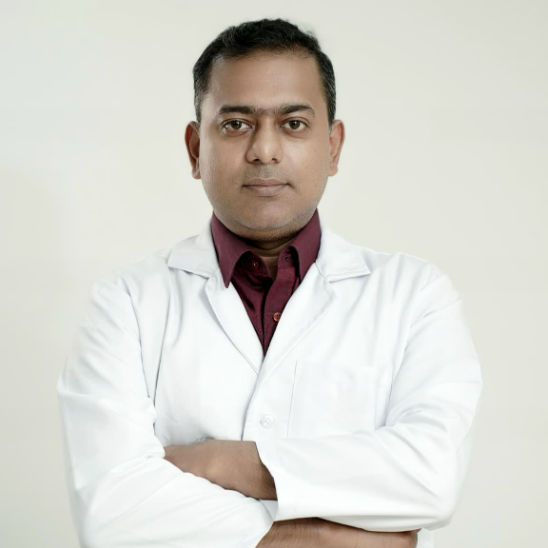
Dr. Sanchayan Mandal
Medical Oncologist
17 Years • MBBS, DrNB( MEDICAL ONCOLOGY), DNB (RADIOTHERAPY),ECMO. PDCR. ASCO
Kolkata
MCR SUPER SPECIALITY POLY CLINIC & PATHOLOGY, Kolkata
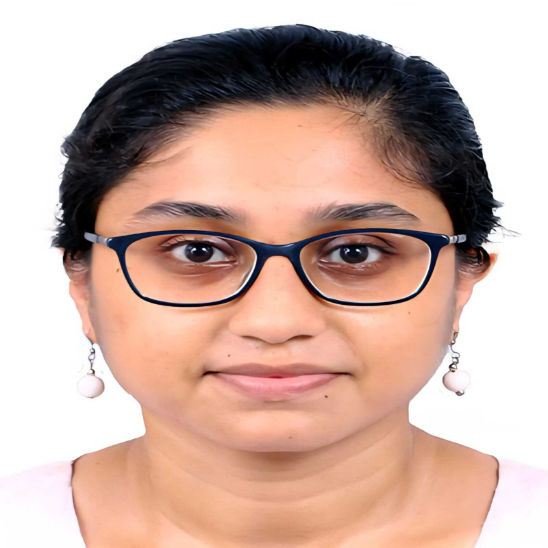
Dr. Alakananda Choudhury
Radiation Specialist Oncologist
6 Years • MBBS, MD ( Radio Therapy )
Barasat
Diab-Eat-Ease, Barasat
Consult an Oncologist for Personalised Advice

Dr. Rupam Manna
Radiation Specialist Oncologist
7 Years • MBBS MD(RADIO THERAPY), CCEBDM
Barasat
Diab-Eat-Ease, Barasat

Dr.sanchayan Mandal
Medical Oncologist
17 Years • MBBS, DrNB( MEDICAL ONCOLOGY), DNB (RADIOTHERAPY),ECMO. PDCR. ASCO
Kolkata
Dr. Sanchayan Mandal Oncology Clinic, Kolkata

Dr. Sanchayan Mandal
Medical Oncologist
17 Years • MBBS, DNB Raditherapy, DrNB Medical Oncology
East Midnapore
VIVEKANANDA SEBA SADAN, East Midnapore

Dr. Sanchayan Mandal
Medical Oncologist
17 Years • MBBS, DrNB( MEDICAL ONCOLOGY), DNB (RADIOTHERAPY),ECMO. PDCR. ASCO
Kolkata
MCR SUPER SPECIALITY POLY CLINIC & PATHOLOGY, Kolkata

Dr. Alakananda Choudhury
Radiation Specialist Oncologist
6 Years • MBBS, MD ( Radio Therapy )
Barasat
Diab-Eat-Ease, Barasat

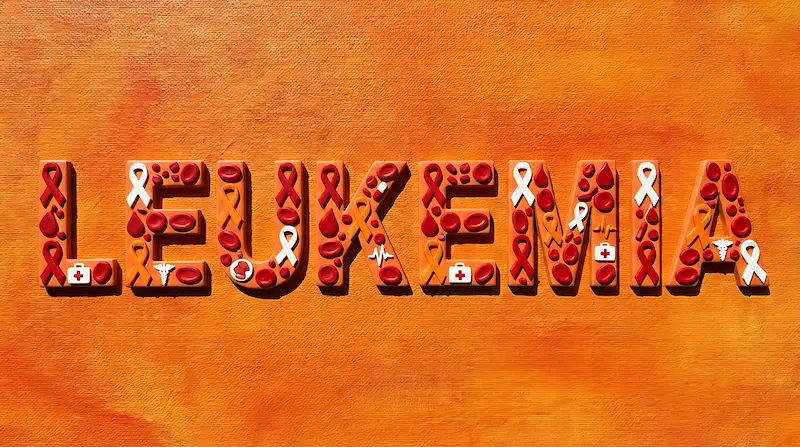
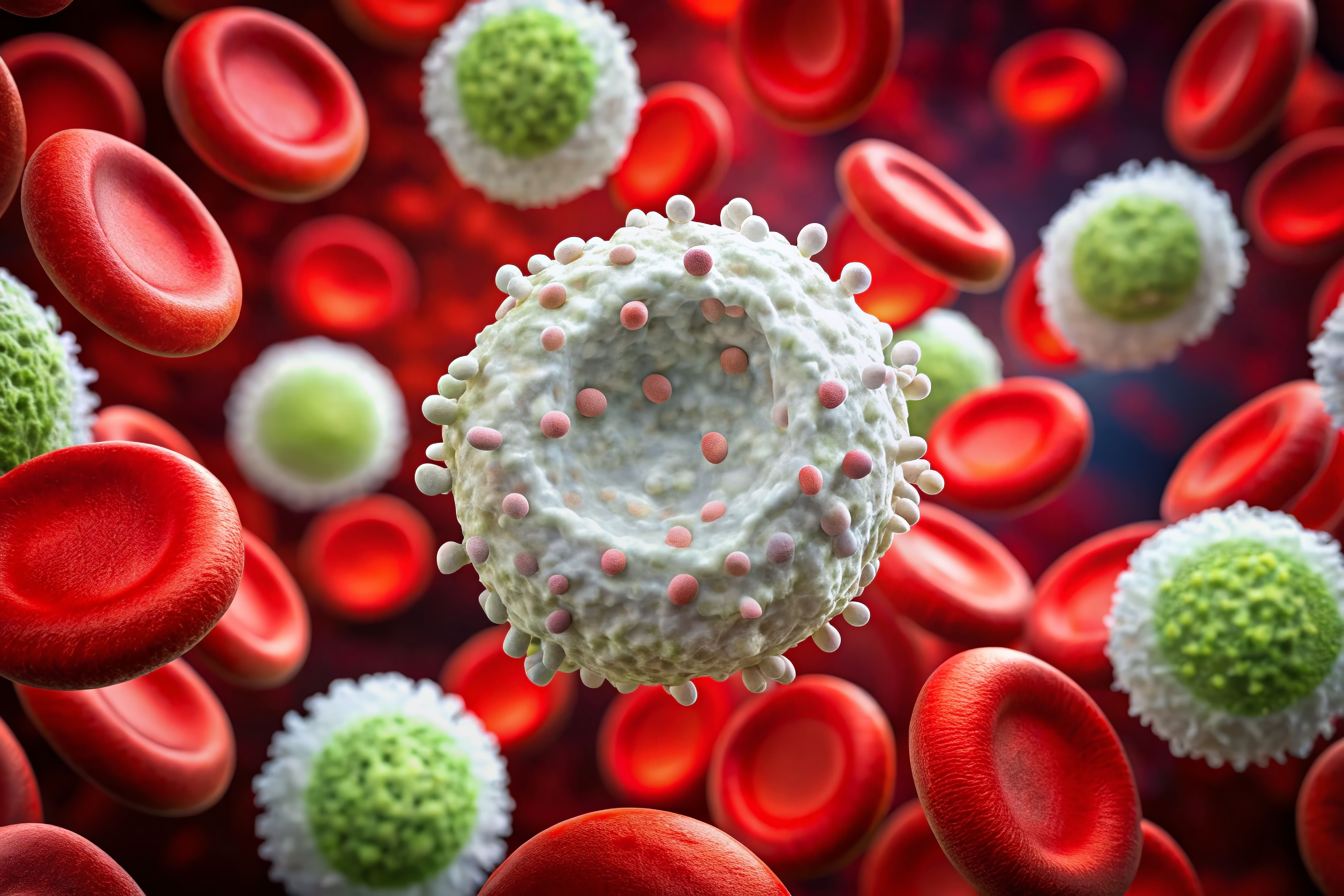
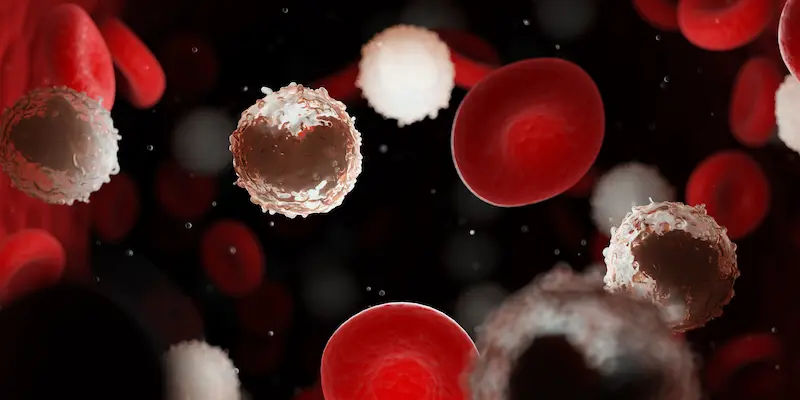
.webp)
.webp)